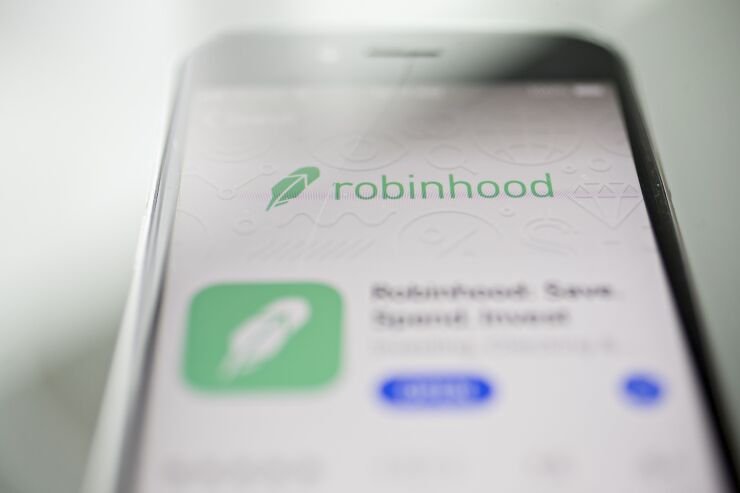Robinhood Financial and other online brokerage firms are overrun with rubes and gamblers naively bidding up U.S. stock prices and destabilizing the entire market.
That has been the dominant narrative around U.S. stocks since the market began its surge in late March. It’s not true, or at least there’s scant evidence for it. It’s also not new. The narrative borrows from a Wall Street saw that ordinary investors are fools not fit to handle their own money, a caricature that has long been used to exclude them from markets.
If ordinary investors are less sophisticated than the well-to-do, it’s not entirely their fault. They have too little money to gain access to elite financial firms, so they often lack the full range of investments and financial services available to well-heeled investors. Even worse, financial regulation bars ordinary investors from “complex” investments such as venture capital, private equity and hedge funds on the theory that they’re too simple to understand them. The paradox is plain: How can ordinary investors become savvier without access to markets?
Thankfully, the walls are beginning to crumble. A growing number of automated investment platforms, or robo-advisers, now
Perhaps the most visible symbol of the movement to democratize investing is Robinhood. Since its founding in 2013, the trading app has allowed anyone to open a brokerage account with no minimums or commissions, eventually forcing other discount brokers to follow. As Robinhood co-CEO Baiju Bhatt
There are seemingly lots of those people. Robinhood
If those new investors expected a red-carpet welcome, they were in for a disappointment. Robinhood’s users have been mocked endlessly for their inexperience and even blamed for a stock market many view as out of touch with reality. While the number of U.S. coronavirus cases continues to soar and the economy struggles to restart, stock market gauges such as the S&P 500 Index are approaching record highs and the technology-led Nasdaq Composite Index has eclipsed its pre-Covid peak. The culprit, according to a popular
It’s a silly explanation. For one, Robinhood’s users are playing with small sums, so they aren’t likely to move markets. Research firm Alphacution
There’s also little indication Robinhood users favor companies that are moving the market higher. The most
A better explanation of the disconnect between the stock market and the wider world, as I recently
That doesn’t mean Robinhooders are faultless, obviously. Like all first-time investors and most
There’s not much to it:
- Day trading is entertainment, not investing. And like all entertainment, it costs money. If you don’t want to lose money, don’t day trade.
- Owning one stock, or even a handful of stocks, is risky because companies can and often do go out of business. The way to protect yourself is to own many stocks. The easiest and most sensible way to do that is to buy a low-cost fund that tracks the broad market and hang on to it for as long as possible.
- Don’t trade derivatives or use margin unless you’re an expert investor — and even then, it’s a dangerous game. If you don’t know what that means, you’re not an expert investor.
There are good reasons to believe ordinary investors make responsible investment decisions when given the opportunity.
“The bigger, badder retail investor army is the $8 trillion sitting in low-cost index funds,” my Bloomberg colleague Eric Balchunas told me. “More and more people are seeing that the way to build wealth is by keeping costs low and being patient, not chasing hot stocks and investment fads. And it’s very likely Robinhood’s day traders will arrive at the same conclusion at some point. Whether it ends in laughter or tears, it will be an education they can use for the rest of their lives.”
Robinhood can do its part by educating customers about the dangers around trading, especially with borrowed money. It should also tone down
But it’s ultimately up to Robinhood’s users. Markets are finally opening to them. What they do with that access must be their choice.








